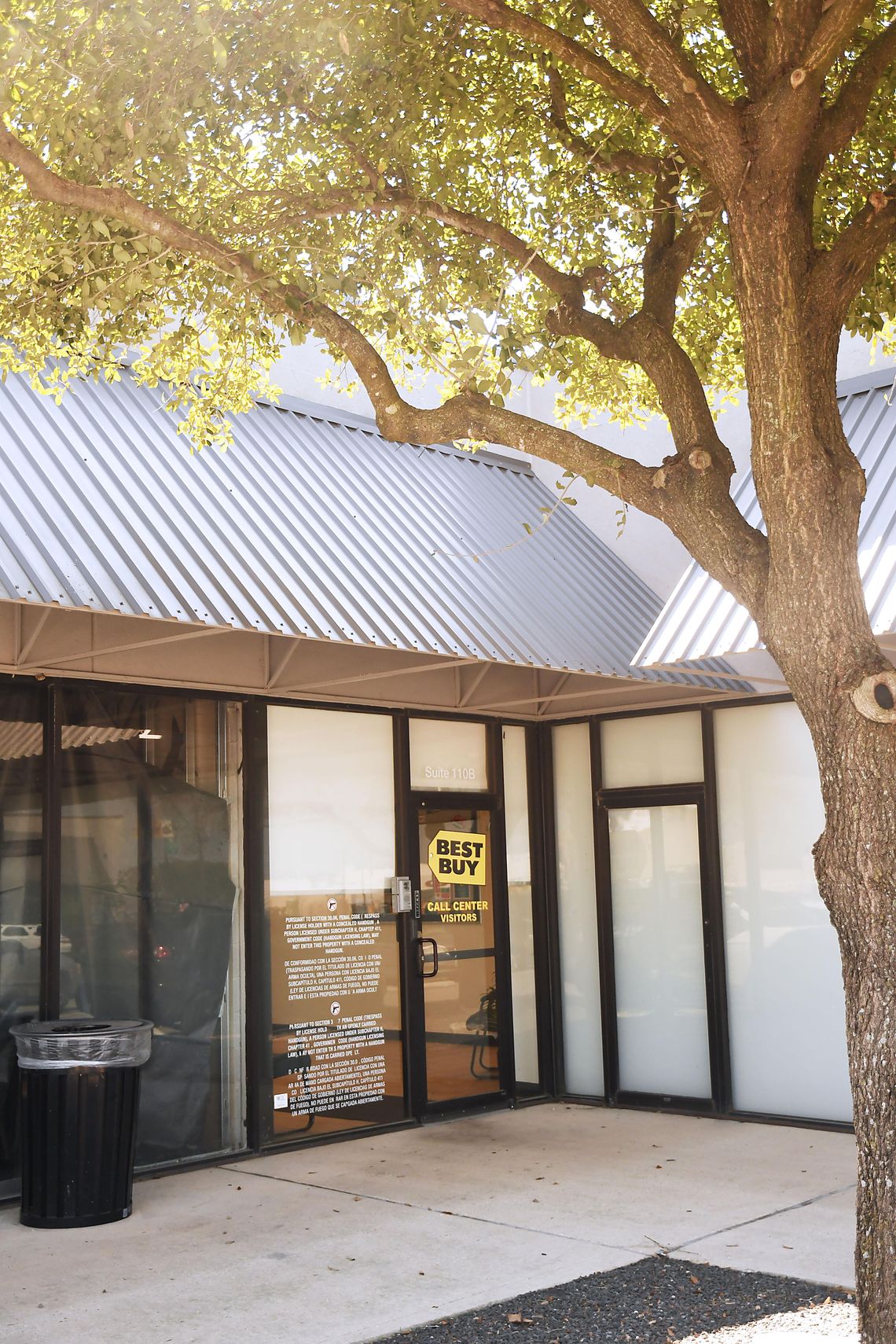San Marcos could lose millions of dollars if proposed sales tax revenue rule changes are made by the Texas Comptroller's office.
City leaders — including City of San Marcos staff, the San Marcos Area Chamber of Commerce and Greater San Marcos Partnership — have dire concerns about proposed tax code changes, which would redirect where sales tax revenue goes for online sales.
Sales tax revenue, currently, goes to the city where online sales originate. The comptroller’s office, however, is weighing changing the rules to send those revenues to the city where the online purchase is delivered.
PLEASE LOG IN FOR PREMIUM CONTENT. Our website requires visitors to log in to view the best local news.
Not yet a subscriber? Subscribe today!







